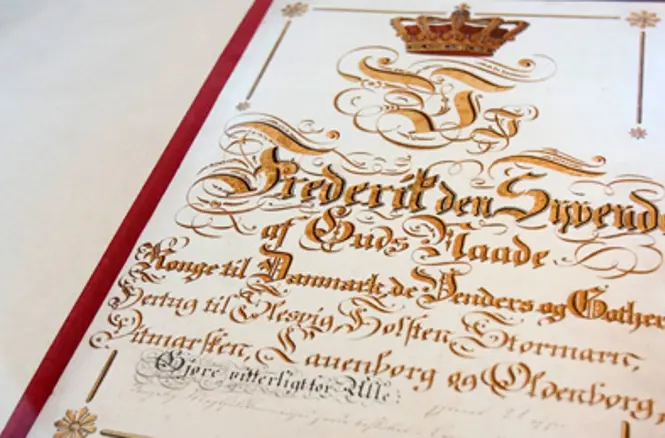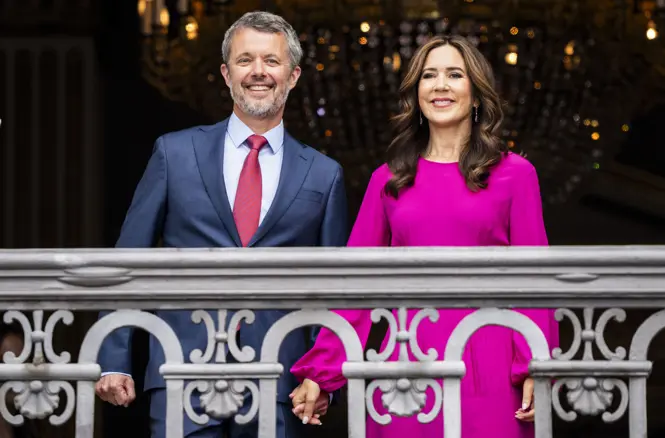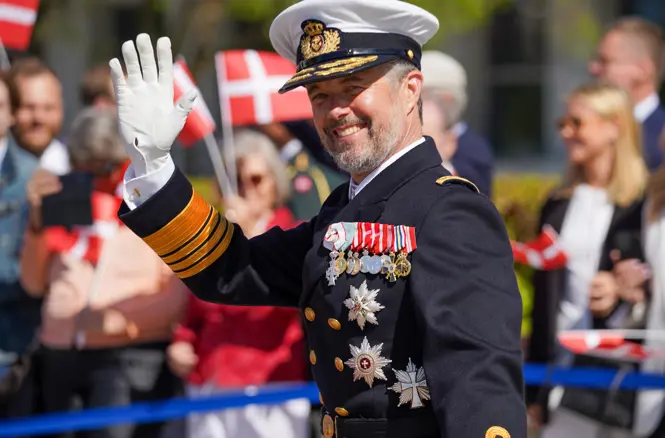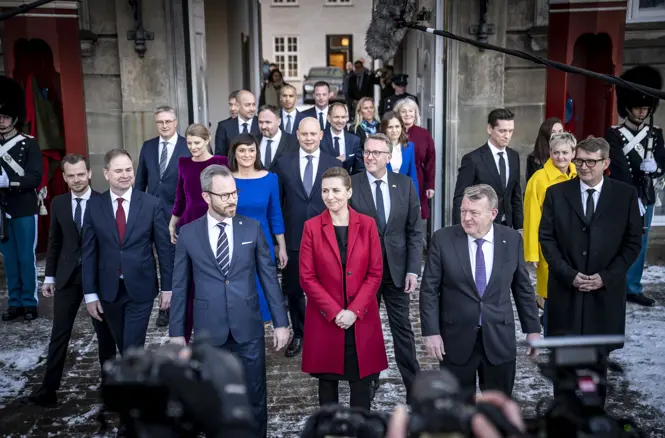
HM The King's main tasks are to represent Denmark abroad and to be a figurehead at home.
Denmark has a constitutional monarchy, which means that the monarch cannot independently perform political acts. Although the monarch signs all Acts of Parliament, these only come into force when they have been countersigned by a Cabinet Minister.
As Head of State, the monarch participates in the formation of a new government. After consultation with representatives of the political parties, the party leader who has the support of the largest number of seats in the Folketing (the Danish Parliament) is invited to form a government. Once a government has been formed, the monarch formally appoints it. Additionally, the monarch is the formal Head of the Government and therefore presides over the State Council, here acts passed by the Folketing are signed into law.
The Prime Minister and the Minister of Foreign Affairs report regularly to The King to inform him of the latest political developments. The King hosts official visits by foreign heads of state and pays state visits abroad. His Majesty receives all foreign country ambassadors, who must present their credentials before starting their work in Denmark. The King also formally appoints and dismisses civil servants.
The King's main tasks are to represent Denmark abroad and to be a figurehead at home. The King performs the latter task by accepting invitations to open exhibitions, attend anniversaries, etc. Exhibition openings abroad in connection with export campaigns are also often attended by members of the Royal Family.
In addition, The King regularly gives audiences so that citizens with legitimate errands can offer their personal thanks regarding civil service appointments and retirements, knighthood appointments and the receipt of public service medals.



